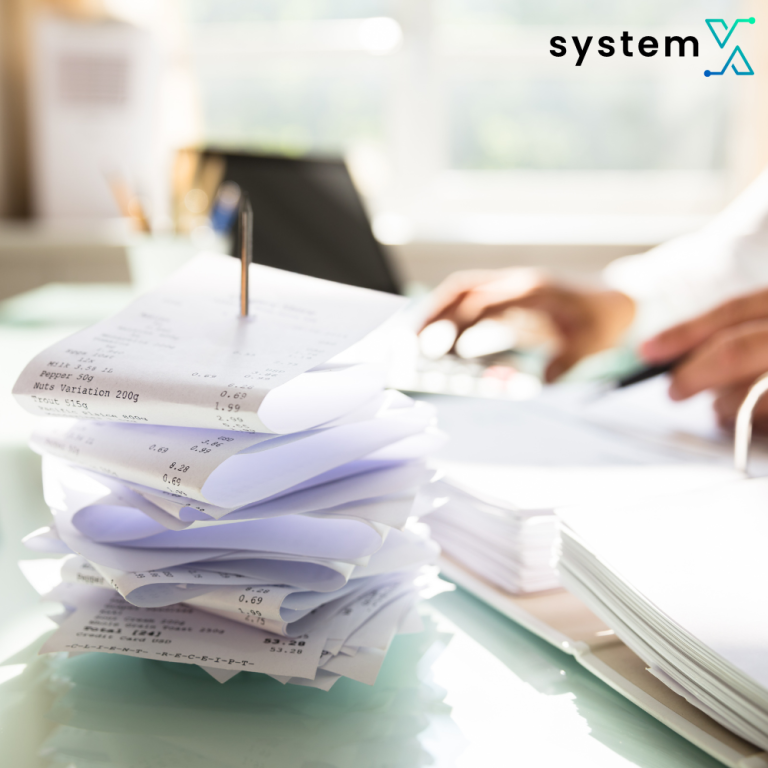Receipts are an everyday part of our lives, whether we’re buying groceries, filling up our gas tanks, or making a major purchase.
But what exactly is a receipt, and why is it so important?
A receipt is a written or printed statement acknowledging that a buyer has paid for goods or services. It serves as proof of purchase and contains key details about the transaction, such as the date, vendor information, items purchased, price, and payment method. Receipts come in various forms, including paper receipts, digital receipts (sent via email or stored in apps), and even credit card transaction records.
Understanding the Different Types of Receipts
There are several types of receipts, each serving a specific purpose:
- Sales Receipt: This is the most common type of receipt, provided after a purchase is made. It includes a breakdown of items purchased, prices, taxes, and the total amount paid.
- Credit Card Receipt: This type of receipt is generated after a credit card transaction and typically shows the last four digits of the card number, the transaction amount, and authorization details.
- Gift Receipt: This receipt is usually given with gifts and does not include the price of the item. It allows the recipient to return or exchange the item without knowing the original cost.
Receipts vs. Bills: What’s the Difference?
While receipts and bills are both related to financial transactions, they serve distinct purposes and are issued at different times. A bill is a request for payment issued before a transaction is complete. It outlines the goods or services provided, their cost, and any applicable taxes or fees. A receipt, on the other hand, is proof of payment issued after the transaction has been finalized. It confirms that the buyer has paid the amount specified on the bill.
Why Receipts Matter: Benefits for Consumers
Receipts play a crucial role in protecting consumers’ rights. They serve as evidence of purchase, allowing you to:
- Return or exchange items: If you’re not satisfied with a purchase, a receipt is your proof that you bought the item and are entitled to a return or exchange.
- Claim warranties: In case of a defective product, your receipt serves as proof of purchase and eligibility for warranty claims.
- Track expenses: Keeping track of your receipts helps you monitor your spending, create budgets, and identify areas where you can cut back.
- Prepare for tax season: For certain deductions, such as business expenses or charitable donations, receipts are essential documentation for tax purposes.
Why Receipts Matter: Benefits for Businesses
Receipts are equally important for businesses, as they help with:
- Accounting and bookkeeping: Receipts provide a record of transactions, making it easier for businesses to track sales, revenue, and expenses.
- Inventory management: Receipts help businesses track inventory levels and identify popular or slow-moving products.
- Sales tracking: By analyzing receipt data, businesses can gain insights into customer preferences, peak shopping times, and the effectiveness of marketing campaigns.
- Tax compliance: Receipts are essential for proving sales and calculating sales tax, ensuring compliance with tax regulations.
Going Digital: The Rise of E-Receipts
The world is shifting towards a paperless future, and receipts are no exception. E-receipts, delivered via email or stored in mobile apps, offer several advantages:
- Environmental friendliness: E-receipts reduce paper waste and contribute to sustainability efforts.
- Convenience: Digital receipts are easily searchable, organized, and accessible from anywhere.
- Reduced clutter: Say goodbye to overflowing wallets and shoeboxes full of crumpled receipts.
However, e-receipts also come with potential concerns, such as privacy issues and the risk of losing access to digital records.
Tips for Managing Receipts
Whether you prefer paper or digital receipts, good management practices are essential. Here are a few tips:
- Organize: Sort your receipts by category (e.g., groceries, gas, entertainment) or date.
- Digitize: Use scanning apps to create digital copies of paper receipts.
- Store: Keep physical receipts in a designated folder or binder, and back up digital receipts regularly.
- Track: Use expense tracking apps or software to categorize and analyze your spending.
SystemX’s helps businesses keep track of receipts by organizing tracking, stpring and digitizing expenses. To make things even easier businesses can automatically add receipts to invoices, making billing clients easier.
By understanding the importance of receipts and adopting good management practices, you can protect your finances, stay organized, and make informed decisions about your spending.

